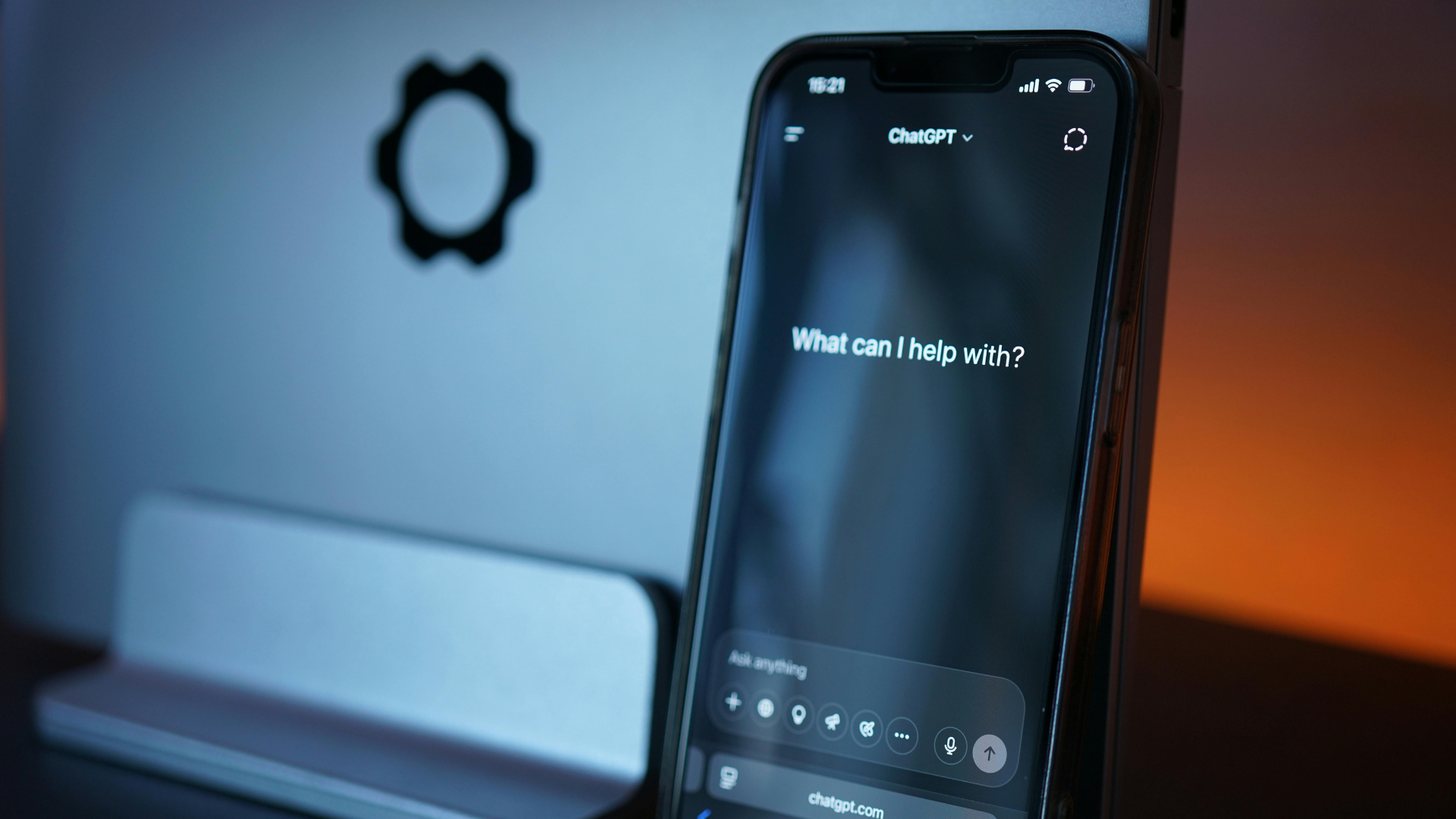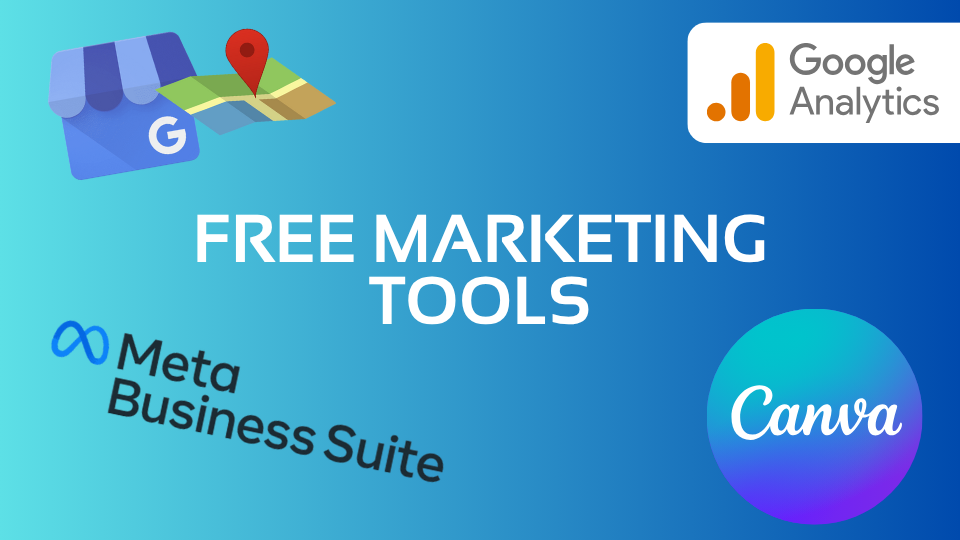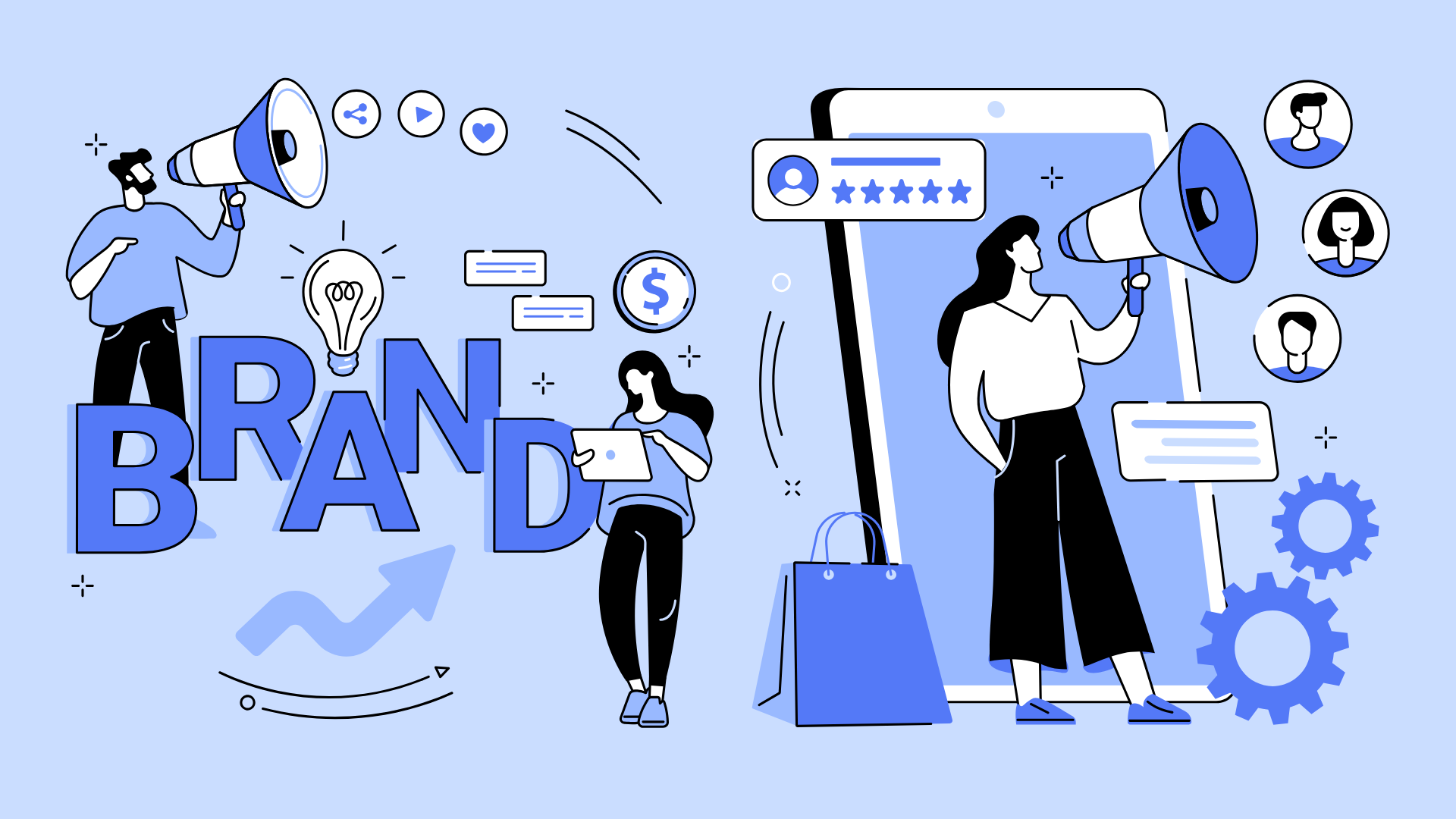DIGITAL BLOG
Welcome to the Performance Digital blog! Here, we delve into the latest in digital marketing, explore industry trends and news, and uncover new tactics to elevate your business. Stay informed and discover why these strategies are essential for success in the digital landscape.

By Sydney Burright
•
September 29, 2025
Small businesses are what make communities so unique. They are the coffee shops with the best vibes, the boutiques that actually carry cool stuff you can't find anywhere else, and the local restaurants that everyone recommends. They add personality and connection to a city in a way that big corporations can't. But here's the thing: even if you've got the best product or service, people won't know unless they see you. And in 2025, "being seen" means showing up online. That's where digital marketing comes in.

By Sydney Burright
•
September 12, 2025
Short-form videos isn't just the future anymore. Every platform is pushing video front and center. In Metricool's latest report , which looked over 5.6 million videos from 582,000+ accounts worldwide, proves it. Short-form video grew 71% in the last year and TikTok is leading the charge with massive jumps in both new acounts and videos posted. Instagram is still the biggest by volume, but its growth is slowing.
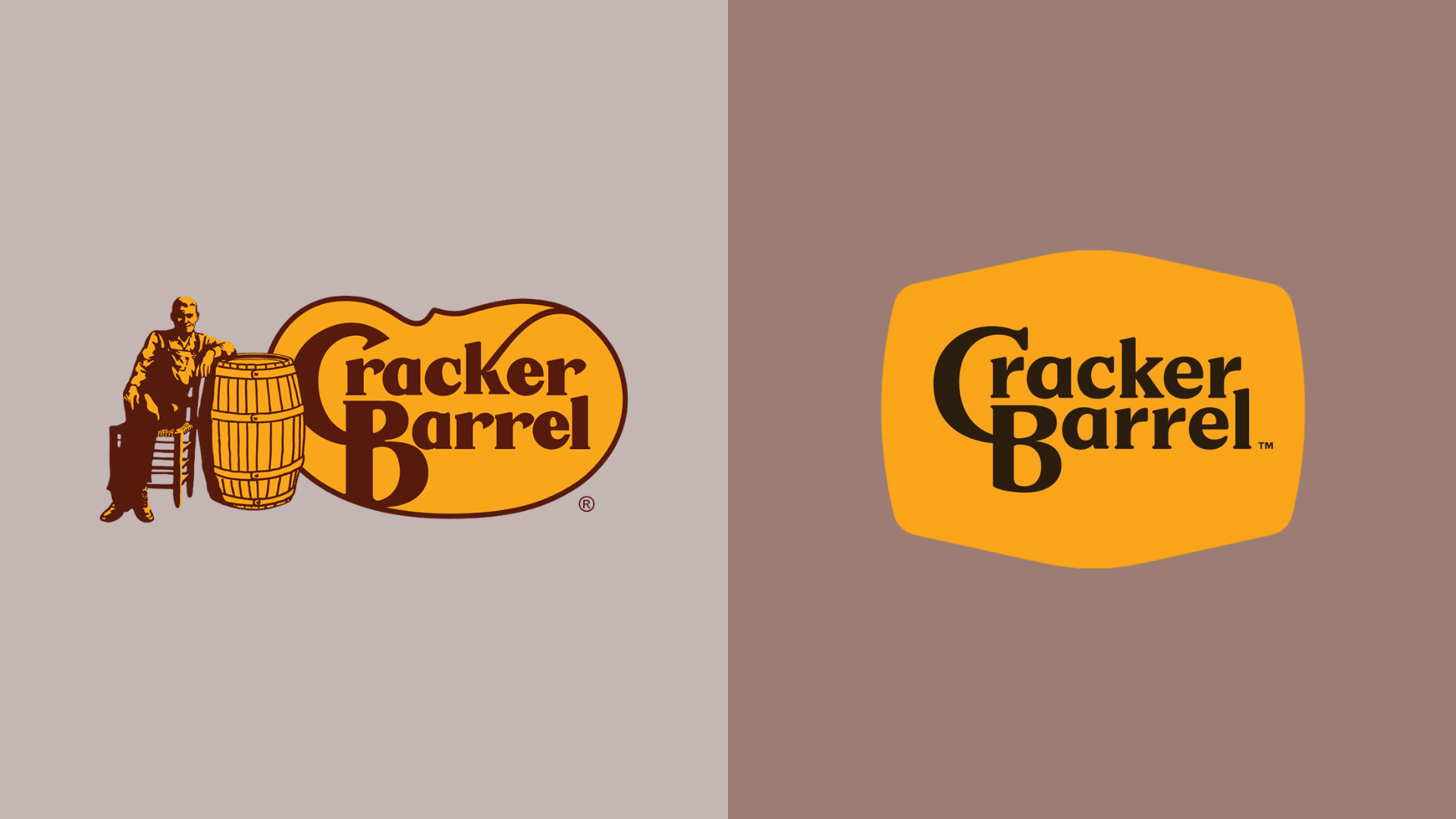
By Sydney Burright
•
August 21, 2025
Cracker Barrel has been known for not just their country style cooking, but also for the nostalgic charm that greets customers the moment they step inside. Everything about the brand has been tied to comfort and tradition. That's why the company's recent logo redesign has sparked such a strong reaction online. Cracker Barrel gave its logo a makeover. They kept the same gold and brown colors, but they took out one big detail: the man sitting next to the wooden barrel. Now it’s a much more simplified, modern-looking design. But many longtime fans aren't on board. Social media was quick to light up with criticism. For a lot of customers the original design carried nostalgia and a kind of charm that you don't just get everywhere.
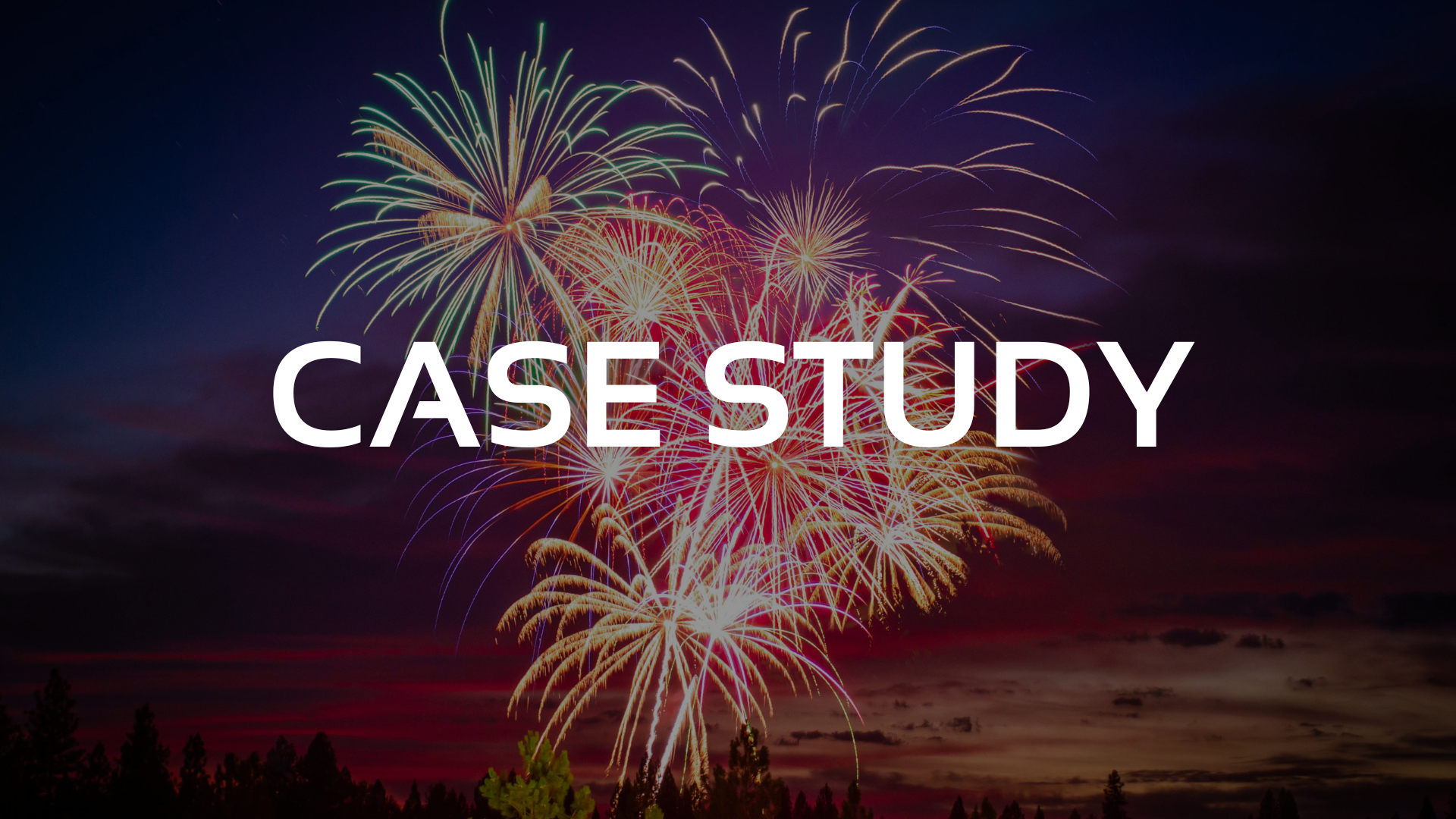
By Performance Digital
•
August 5, 2025
From June 17 to July 4, 2025, Performance Digital partnered with a popular fireworks stand on a digital campaign aimed at boosting foot traffic and driving local sales across their stand locations. With a multi-channel approach, including email marketing, streaming audio, digital-out-of-home (DOOH), and targeted display ads, the campaign delivered impressive results with real, measurable business impact.

By Sydney Burright
•
July 21, 2025
We've all be there - clicking a link, waiting a beat too long, and bouncing before the page even loads or landing on a site that looks like it hasn't been updated since 2009. Whether you're a brand, business, or creative, your website is your first impression. And in a world where attention spans are shorter than ever, people decide whether to stay or go within seconds. Literally. Here are 7 ways your website might be turning visitors away and how to fix it:



